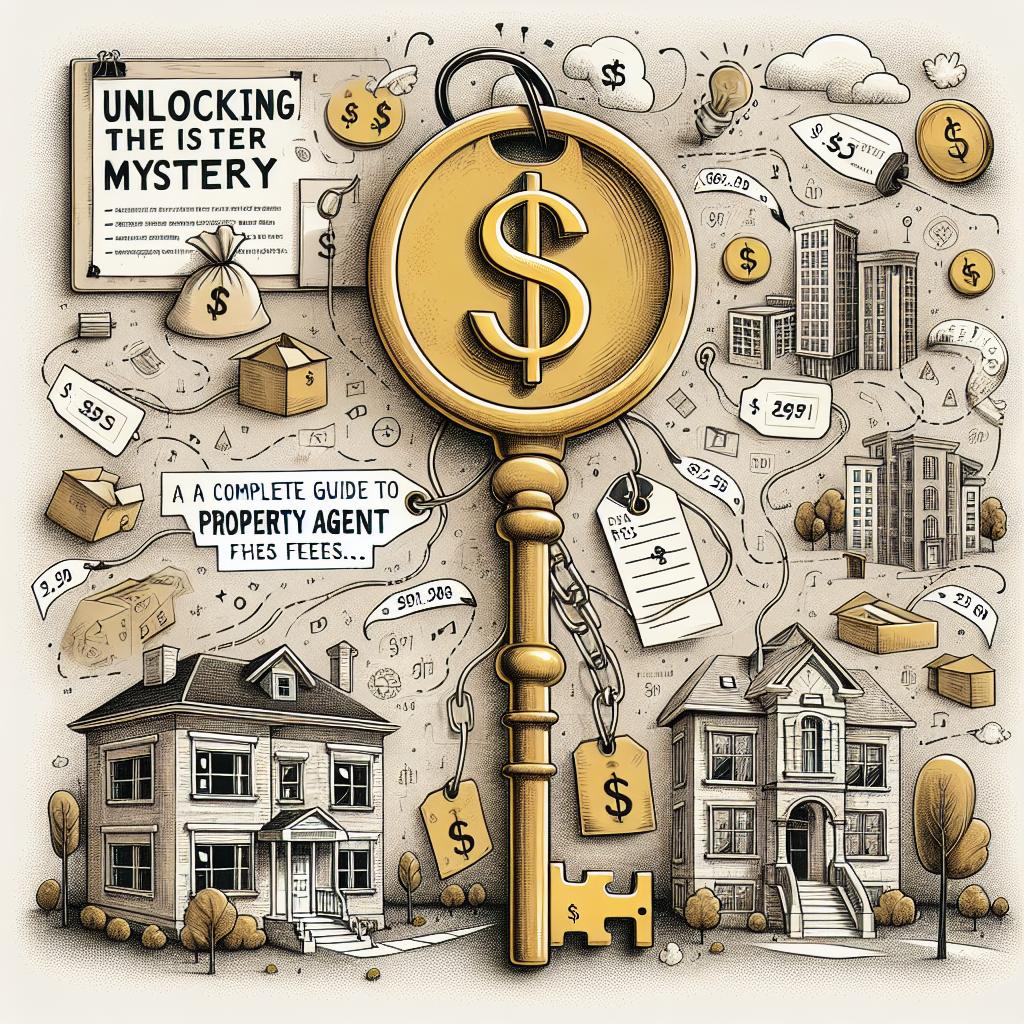Unlocking Success: How to Choose the Best Property Agent for Your Needs
Navigating the world of property can be an exhilarating yet daunting experience. Whether you are looking to buy, sell, rent, or invest in real estate, partnering with a skilled property agent can make all the difference between a smooth transaction and a stressful ordeal. An excellent property agent not only possesses in-depth market knowledge but also understands your specific needs. Here’s a guide to help you choose the best property agent for your unique situation. 1. Understand Your Needs Before you even start searching for a property agent, take time to evaluate your own needs. Are you a first-time homebuyer looking for guidance in navigating the market? Or perhaps you’re a seasoned investor seeking a property that can generate passive income. By understanding your requirements, you will be better equipped to identify an agent with the right skills and experience. Key Considerations: Are you focused on residential or commercial properties? What is your budget? Do you need a local expert or someone with a broader market perspective? 2. Research and Referrals Once you’ve defined your needs, it’s time to conduct some research. Start by seeking referrals from friends, family, or colleagues who have had positive experiences with property agents. Personal recommendations can provide invaluable insights, giving you a head start in finding a trusted professional. Additional Research Methods: Online Reviews: Check platforms like Google, Yelp, and real estate websites for reviews and ratings. Social Media: Look for agents who are active on social media; it often reflects their engagement and expertise. Local Real Estate Groups: Join community forums or groups where real estate professionals are discussed. 3. Check Qualifications and Experience In the real estate industry, qualifications matter. Ensure the agent is licensed and holds relevant certifications. Furthermore, their experience should align with your needs. An agent specializing in your target area or property type will be more adept at negotiating deals and advising you on specifics. Questions to Ask: How long have you been in the industry? What areas do you primarily operate in? Do you have experience with properties similar to what I am looking for? 4. Interview Potential Agents Once you have narrowed down your list, arrange interviews with potential agents. This is an excellent opportunity to assess not only their knowledge and expertise but also their interpersonal skills. A good agent should be approachable, communicative, and genuinely interested in helping you achieve your property goals. Points to Discuss: Their approach to marketing properties (for sellers) How they will research market conditions and property values Their specific strategies for negotiation and closing deals Availability and preferred communication methods 5. Review Their Track Record A property agent’s track record can provide insights into their ability to close deals successfully. Ask about their past transactions and request statistics related to the properties similar to what you are interested in. Indicators of a Strong Track Record: High sales volume in the last year Positive client testimonials Quick transaction times relative to the market average 6. Analyze Their Marketing Strategy If you are selling a property, an agent’s marketing strategy is essential. In today’s digital age, effective marketing can drastically influence the speed and success of a sale. A proficient agent should have a comprehensive marketing plan that includes both online and offline channels. Look For: Professional photography and staging services Presence on real estate platforms (e.g., Zillow, Realtor.com) Utilization of social media to engage potential buyers Open house events and print marketing materials 7. Trust Your Gut Finally, after all the research and discussions, trust your instincts. The relationship you build with your property agent will be critical throughout the process. Choose someone you feel comfortable with and confident in their abilities to advocate for your best interests. Conclusion Choosing the right property agent can unlock the door to a successful real estate experience. By understanding your needs, conducting thorough research, interviewing candidates, evaluating their track record, and trusting your instincts, you will be well on your way to finding the perfect agent. With the right professional by your side, you can navigate the complexities of the real estate market with confidence, ensuring that your journey—whether buying, selling, or renting—leads to a favorable outcome. Happy property hunting!










